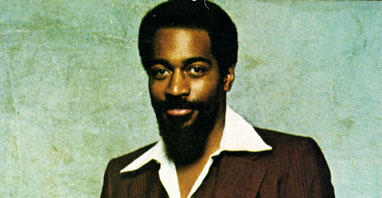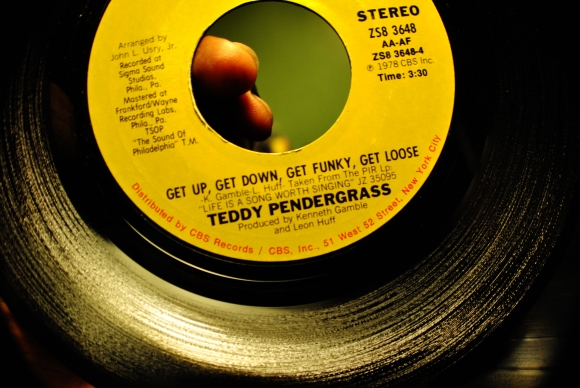As I’ve said elsewhere, my roots are in Philadelphia. Therefore, if I am serious about learning the history of soul music, it makes the most sense for me to start this journey in my hometown. I have always known that Philly has made major contributions to soul music; I just didn’t know what those contributions were specifically. I have also been well aware that, somehow, Philly soul music was different from any other kind of soul, but again I did not know how or why. My hunches were not wrong, but they were definitely not enough. I would need to dig deeper into the rich history of Philadelphia and pull out a full understanding of, what I later learned is called, the “Philly Sound”.
But I’d like to start by mentioning that today is Kenneth Gamble’s birthday, and what you are reading is a special tribute to him. However, there will be little historical or biographical information here simply because others have done a much more thorough job on the subject. Instead, I would like to touch briefly on two things: (1) my feeble attempt to define “soul music” and (2) Kenneth Gamble’s description of the Philly Sound.
In order for me to research “soul music”, I thought I would need a working definition of the term, and therefore I began hunting for a solid depiction of the “Philly Sound”. The most that I have discovered is that the sound has been described as “lush”, “orchestral”, and “funky”. But in reality, I have gained little understanding of soul music from these descriptions; you could use the same words to describe fine wine and I still wouldn’t have a clue what you were talking about. Each definition seemed limiting and strict, and so I kept up my search. Eventually, I bumped into a recent interview with the man himself on “The Drexel Interview” with Paula Marantz Cohen. In the interview, Kenny Gamble humbled the Philly Sound by describing it as an amalgamation of other influences: “a little bit gospel, a little bit jazz, a little bit of blues, and classical”. This definition is probably as close to a true description of the sound as I can get. But undoubtedly, Philly Soul is greater than the sum of its parts and any definition would be an attempt to pigeonhole or limit the sound. It is something that is simultaneously recognizable and yet ethereal, identifiable and yet mysterious.
For the curious, the Philly Sound was pushed to the forefront by three phenomenal men: Thom Bell, Leon Huff, and Kenneth Gamble (you will notice all three on the above photo of The Intruders 45 “I’m Girl Scoutin'”). And I am currently reading John A. Jackson’s “A House on Fire: The Rise and Fall of Philadelphia Soul” in order to understand how these legends anchored the Philly Sound in music history. In addition to numerous biographical stories, Jackson also reveals the endemic racism of the music industry at that time and explains how Bell, Huff, and Gamble were essentially forced to create and establish their sound from scratch. In fact, the deeper I dig into the history of soul music, the more I begin to understand the complicated tango between the conception of soul music and the Black struggle against racism during the 60’s and 70’s; the two are inseparable. But I will not be able to do this deep and complicated subject justice here, at least not right now. Instead, my friend Amy has inspired me to really flesh out this issue and to write about it at a later time; I guess you can say, I’m currently in “research” mode.
For now all I can say is this: happy birthday Mr. Gamble, any gift I give you will pale in comparison to the gift you’ve given all of us.


